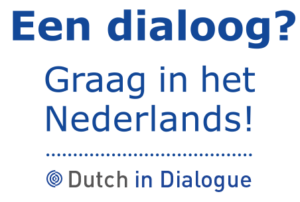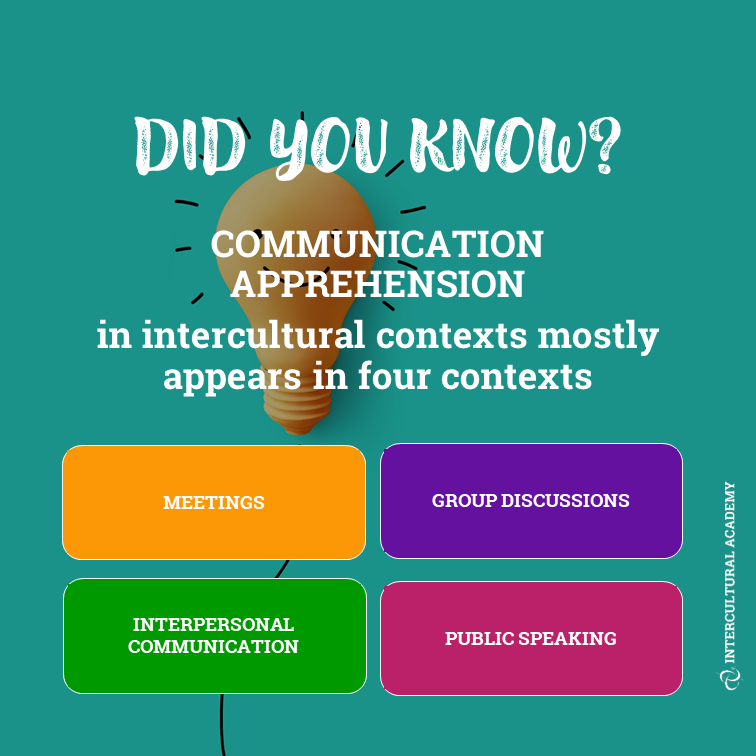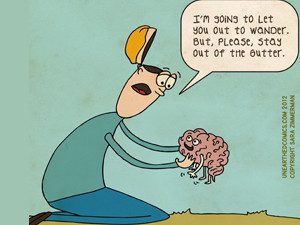Not just the notes, but the music, too!

Reading Time: 5 Minutes
Author: Geert van de Ven in collaboration with Alexandra Jandausch
 During a concert in Amsterdam’s world-famous Concertgebouw in 1999, the famous Portuguese pianist Maria Joao Pires went through a real nightmare. What is but a bad dream for many musicians became scary and fear inducing reality for her: she had rehearsed for a difficult Mozart piano concert. But when the orchestra started playing the first note, it was an utterly different concert. One that she knew, but that she had not rehearsed: Mozart’s virtuosic piano concert KV 466. Her expression showed panic. It looked as if she would be paralyzed by fear. Instead, the story took a different turn: she calms down and performs – without preparation and rehearsal – without any noteworthy mistakes.
During a concert in Amsterdam’s world-famous Concertgebouw in 1999, the famous Portuguese pianist Maria Joao Pires went through a real nightmare. What is but a bad dream for many musicians became scary and fear inducing reality for her: she had rehearsed for a difficult Mozart piano concert. But when the orchestra started playing the first note, it was an utterly different concert. One that she knew, but that she had not rehearsed: Mozart’s virtuosic piano concert KV 466. Her expression showed panic. It looked as if she would be paralyzed by fear. Instead, the story took a different turn: she calms down and performs – without preparation and rehearsal – without any noteworthy mistakes.
(for an impression of how it went check out the link: https://www.classicfm.com/artists/maria-joao-pires/guides/wrong-piano-concerto/)
The bad news from this story: our brain could freeze in communication, language and musical performances. The good news: we are able to overcome fear and nerves, so we are able to do much more than we believe.
Communication Apprehension and the circle of negative self-talk
Let’s start in minor, with being totally blocked by fear. Blackouts in communication can happen because of technicalities, such as pronunciation, difficult sequences, not being able to find a word, complex grammar, or a lack of knowledge of communicative strategies in a foreign culture. Blackouts most certainly do not solely exist because of these technical problems. The pianist shows: She is performing a difficult piece without any flaws, she has it completely in her fingers (muscle memory). Her panic had nothing to do with her technical abilities as a pianist or challenging melodic or rhythmic passages. Her panic had to do with the what ifs: her image and reputation, her self-image, her self-consciousness. What happens if I screw this up? What will happen to my status as a professional pianist? How can I even look myself in the eye, ever again? How can I overcome this and not suffer from stage fright for the rest of my life? Body and mind refuse to work under these negative constraints and expectations. They help us protect and maintain the most precious thing we own: individuality and identity. And thus, our instinct to protect our identity and individuality leads to a self-fulfilling prophecy: We lose our spontaneity and ability to act.
You are not alone – it takes (at least) two to have a conversation
Let’s look at how things look in major, allegro: or pianist, or a speaker during a presentation, an expat in a new cultural environment: all these people have unexpected talents and coping strategies such as: courage, phantasy, flexibility, a sense of adventure. They do not have to feel responsible to weave the communicative net on their own. It is about dialogue. Mistakes can be corrected, and we can overcome difficult situations in communication. In a dialogue, we can count on the other person to let us know if they do not understand what we are saying. There is always a shared responsibility for a good outcome of a conversation. When expectations are made clear, when we draw strength from our experience, then taking small, calculated risks when speaking a foreign language does not feel like asking too much, or even the impossible from yourself.
What’s next? Learning to walk, before you can fly
When I wanted to start learning an instrument in my fifties, and I was far too ambitious, my teacher said: The Concertgebouw can wait! Wait with playing Bach.” He really challenged me, but on the level I had at that time: Music! Tempo guisto. It is about heartbeats, there are no isolated notes. – So, with expression then.
For you as someone who is about to learn Dutch as a new language, it is more important to listen to the new language than to start speaking it extensively. But: you will break the ice with your Dutch counterpart if you approach them in their native language. Of course, you can always speak English, but the key to a somewhat warmer and personal approach is the native language. You can do more than you think: through imitation, minimal response reactions in speech acts, just like in the two short examples below:
Your discussion partner: ‘Ik ren twee keer per week een halve marathon.‘
You: Dus u rent een halve marathon? <So …> Goh. 21 kilometer? Echt waar? <Really?>
Wat leuk! <How nice!>
Wat geweldig <How wonderful!>
Your discussion partner: ‘Ik heb vandaag echt last van migraine‘
You: ‘Hè, nee toch!‘ ‘Dus u hebt hoofdpijn?‘ ‘Wat vervelend!‘
‘Wat naar!‘
Of course, c’est le ton qui fait la music.
This is why here, minimal response is the key, with expression and inspiration. Then you will break the ice and you have taken the first courageous step towards speaking more and engaging in dialogue more often. It is as the famous poet Rutger Kopland says: ‘Our mother tongue may sometimes be asleep deep within us, but we always feel spoken to if we hear it.’ And this is even true for the Dutch who approach you in English.
Geert van de Ven
Source: https://www.linkedin.com/pulse/just-notes-music-too-geert-van-de-ven/?trackingId=L10vJ030RICxy1wDgCVUdA%3D%3D







Recent Comments